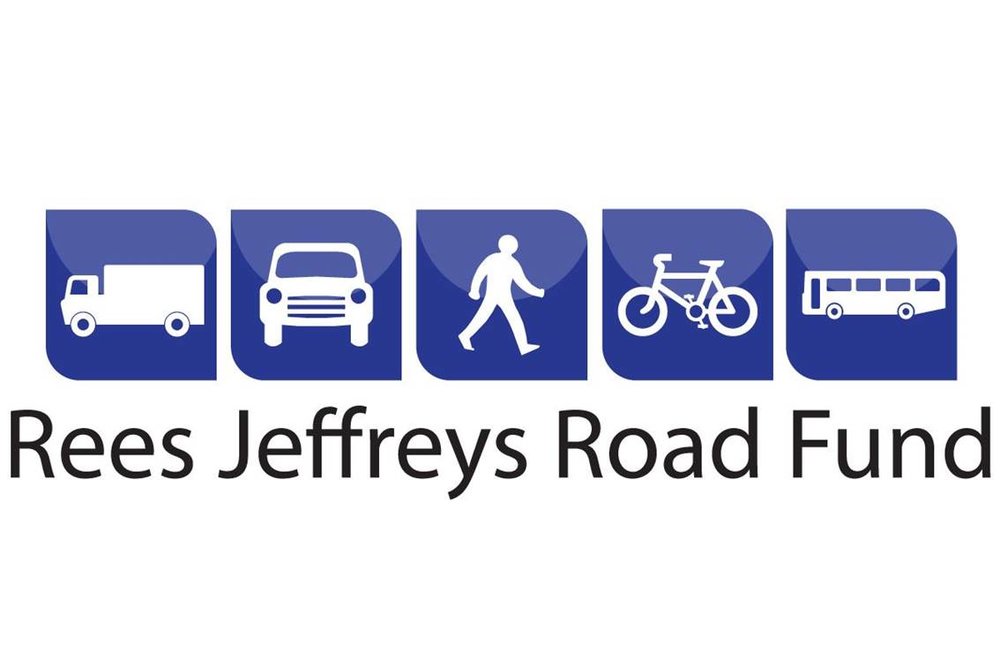About this project
Project background
It is an important societal aim to prolong safe driving throughout life. Effective training that counteracts cognitive decline and enhances confidence and performance in older drivers is believed to be beneficial in enabling elderly road users to drive safely for longer. This is important because driving cessation: can be detrimental to independence; is a risk factor for isolation, depression, and mental health; and may even increase mortality.
However, it has been shown that many older drivers give up before they need to in terms of both health and performance. Statistically, older drivers have a reduced risk of accidents compared to young drivers; however, they present a disproportionately high risk of at-fault collisions at intersections. Therefore, this research study aims to utilise ALIVE and VR technology to improve road safety at junctions by understanding the challenges for older drivers and identifying and testing potential mitigating interventions.
Project aims and outcomes
This research project aims to, firstly, understand the neurocognitive mechanisms that underlie deficient driving performance of older drivers at intersections compared to younger drivers. This phase of the work will be based around pilot data previously obtained using electroencephalography (EEG) during simulated driving (Huizeling et al., 2020), but with novel and more flexible, fully immersive VR driving scenarios, which are currently being developed. The second phase will seek to provide a proof-of-concept for a training and assessment instrument, and for older drivers in particular, using virtual reality (VR) driving scenarios in conjunction with Electroencephalography (EEG) recordings.
Project timescales
The project was commissioned in January 2020 taking place across a two and a half year period, concluding in Summer 2022.
Project partners & funding
The RAC Foundation, the Rees Jeffreys Road Fund and Aston University are jointly funding the research to a combined total value of £100,000.
Latest project updates
As of 1 December 2020 Dr. Ulrike Senftleben has been appointed as postdoctoral research fellow to work on the project. The current focus for the work is the setting up of 3D driving scenarios in Unity 3D, using existing and self-generated VR assets.
In addition, crucial pilot findings have also been published in Brain sciences (IF: 3,3) revealing that performance is affected in older drivers when they are required to refocus their attention from dynamic traffic events on the road ahead to reading overhead (motorway) road signs. The findings highlight virtual reality (VR) and Neuro-VR as important methodologies for future psychological and gerontological research.
For more information
To receive further updates about this project and the other work of the RAC Foundation please sign-up to our mailing list. Alternatively please get in touch via email at [email protected]. You can also follow us on Twitter @racfoundation.




